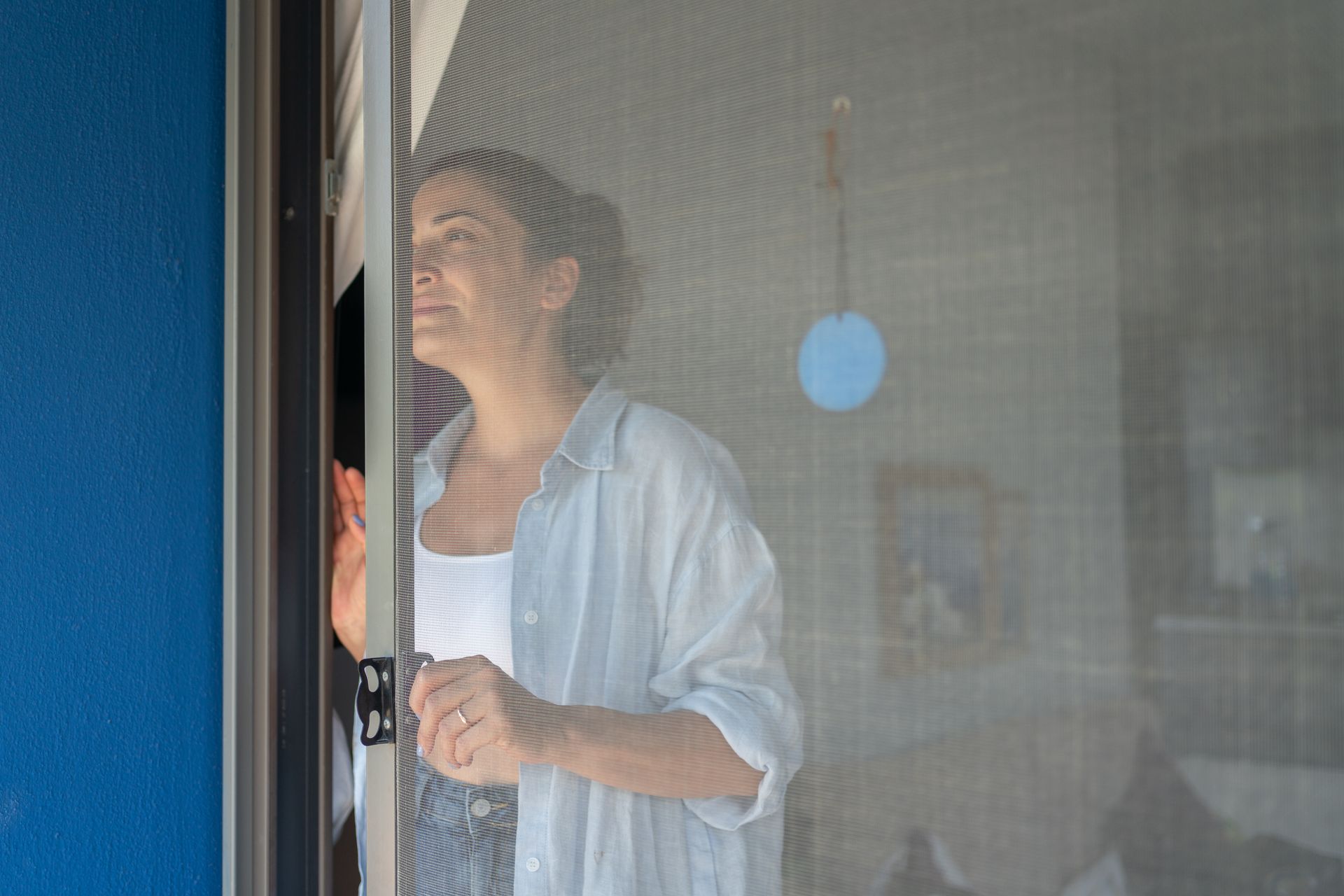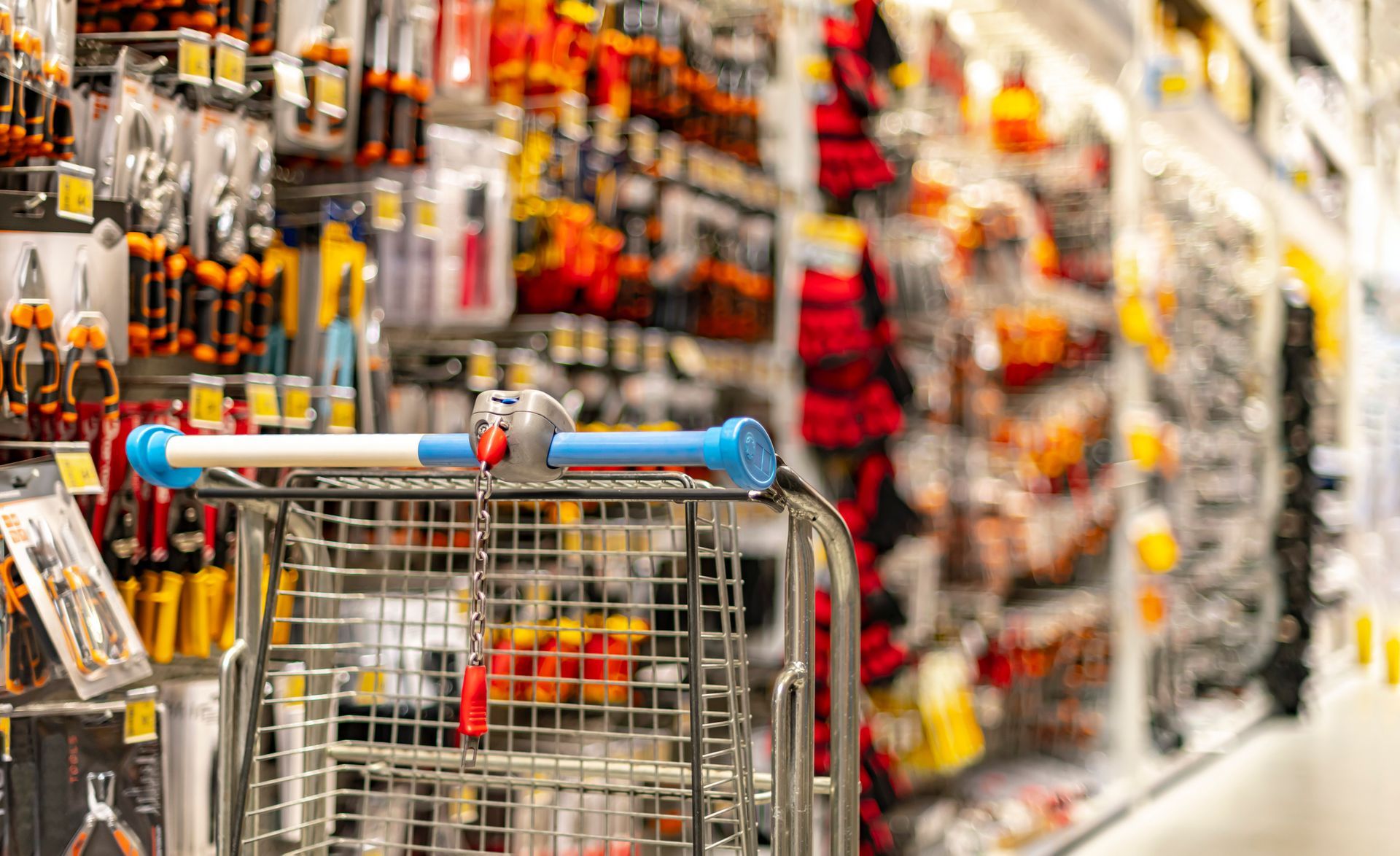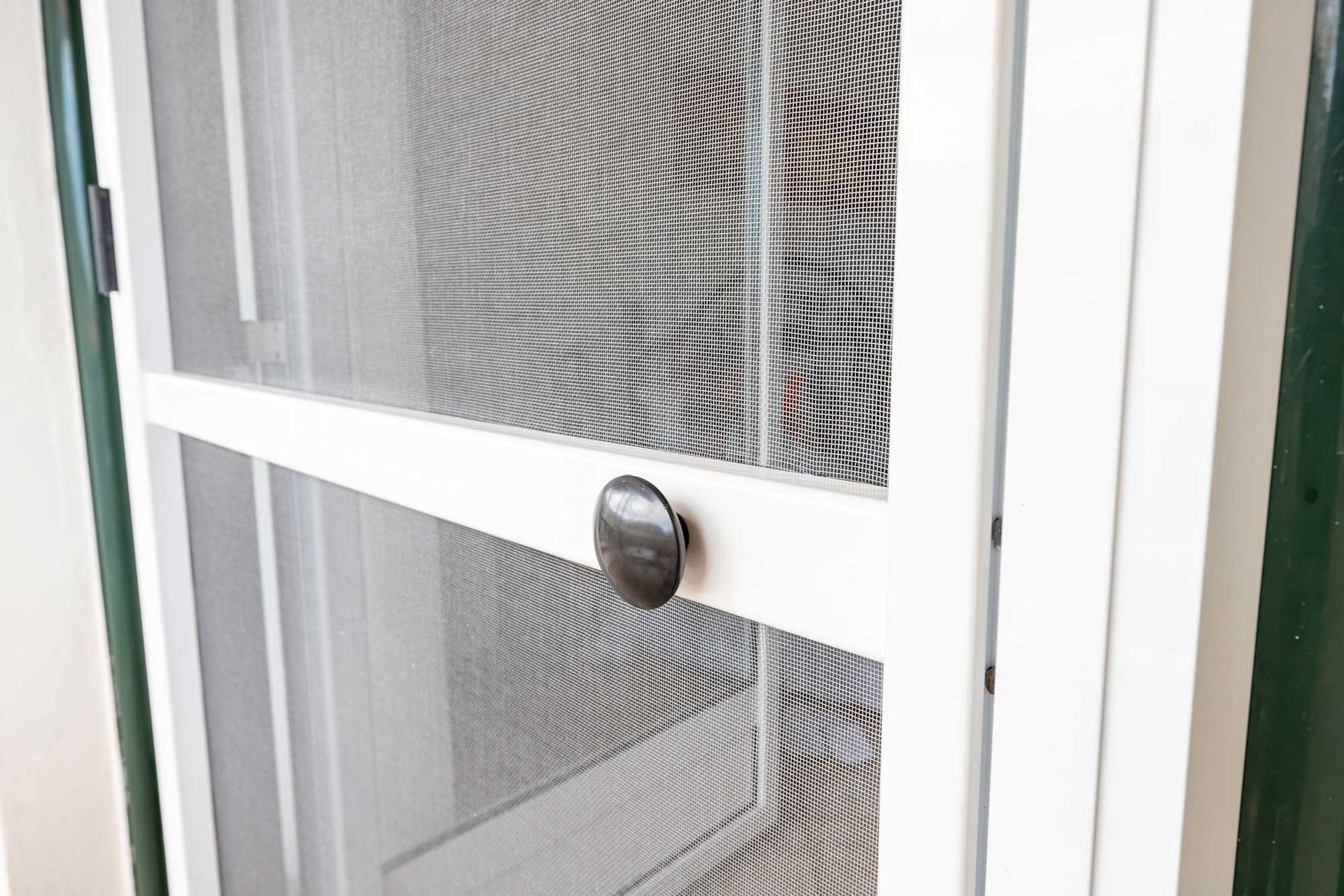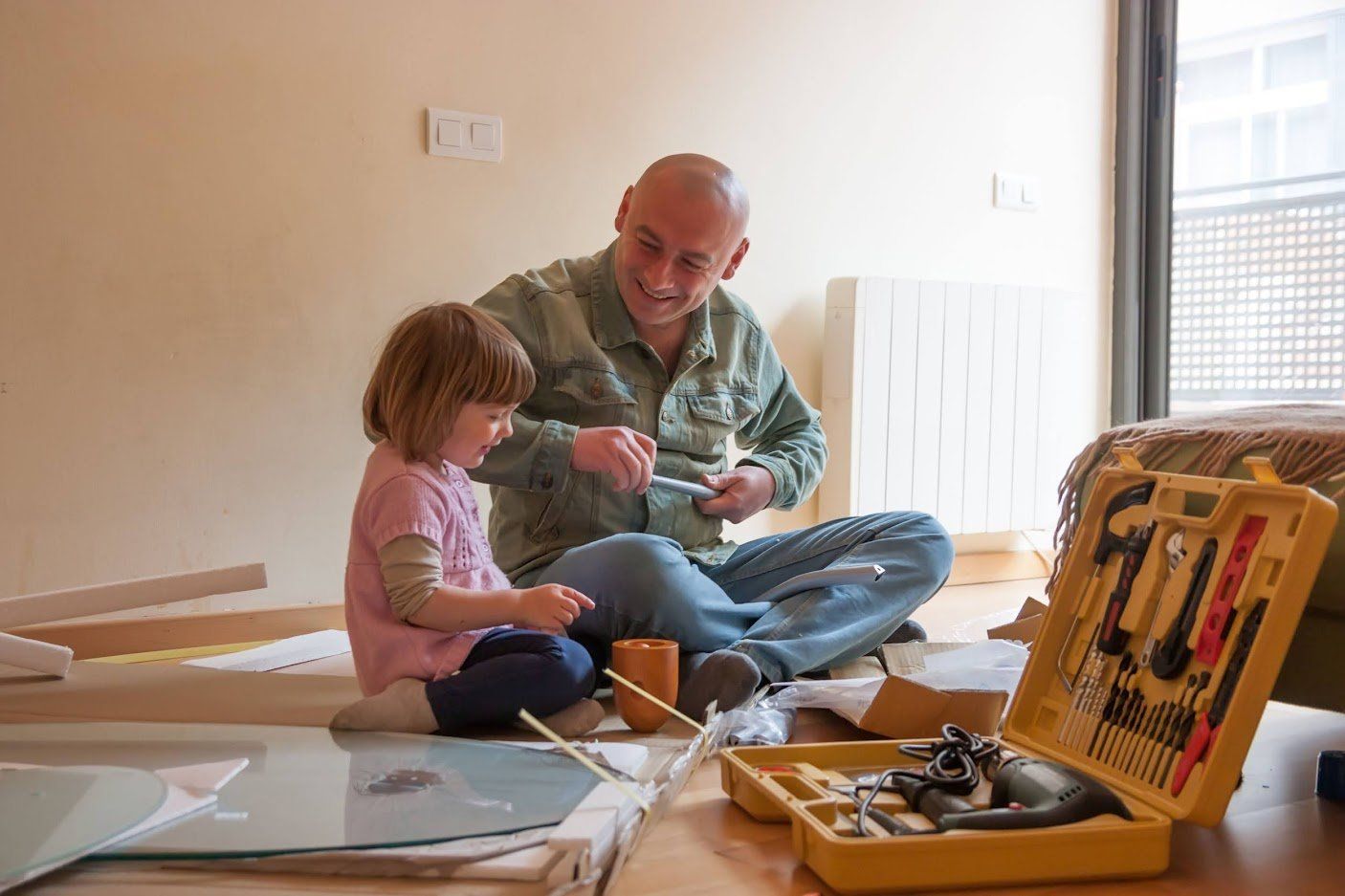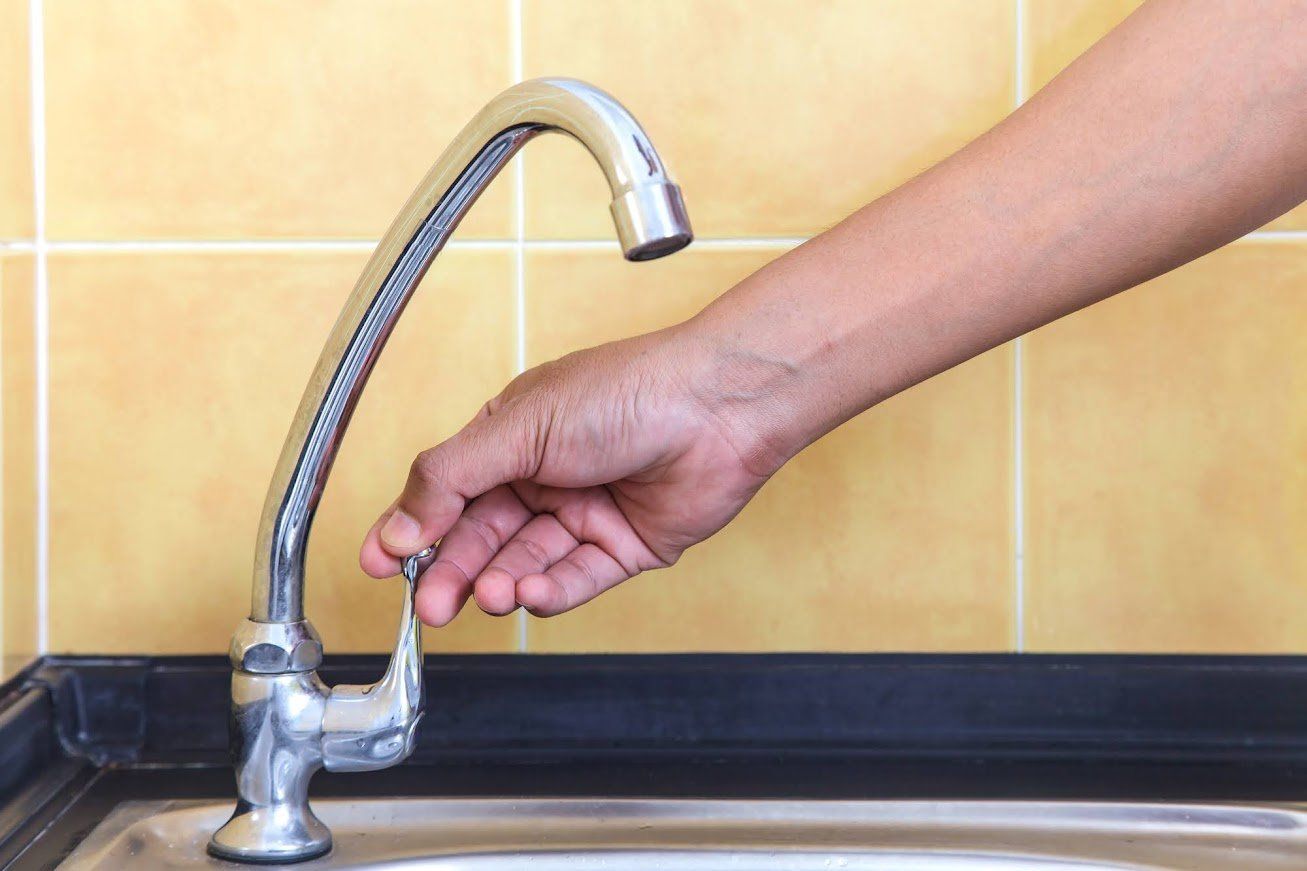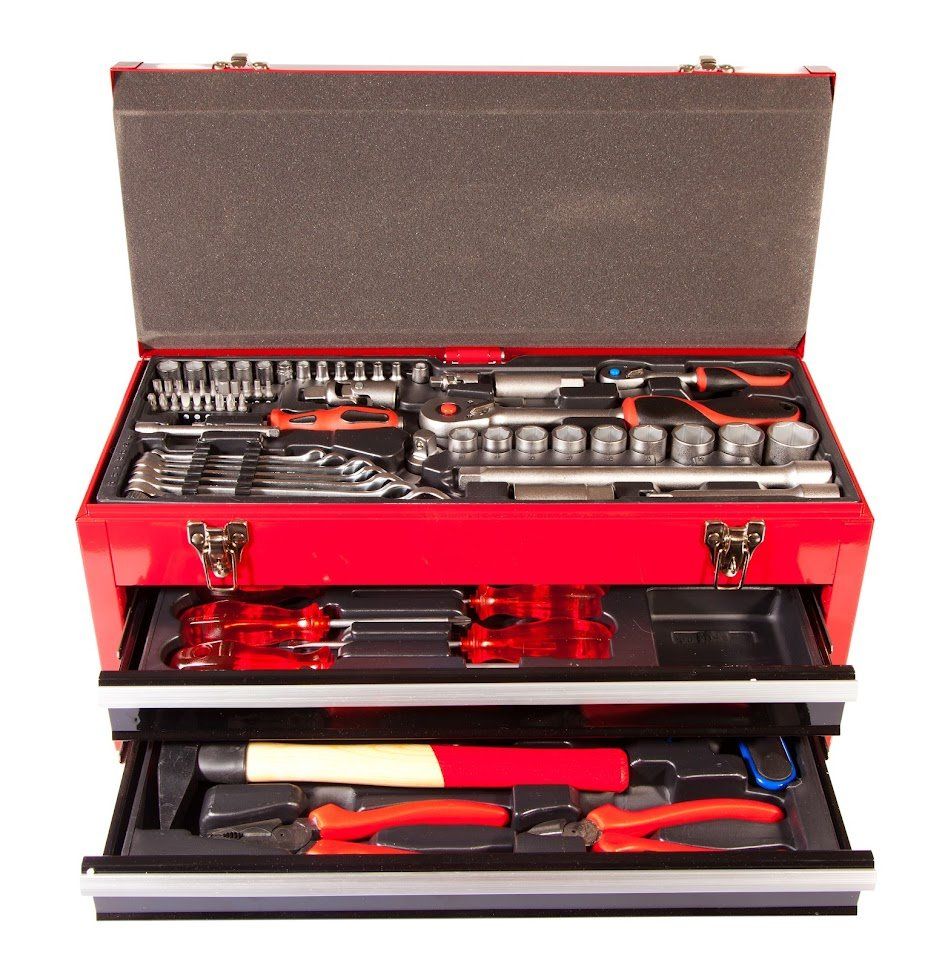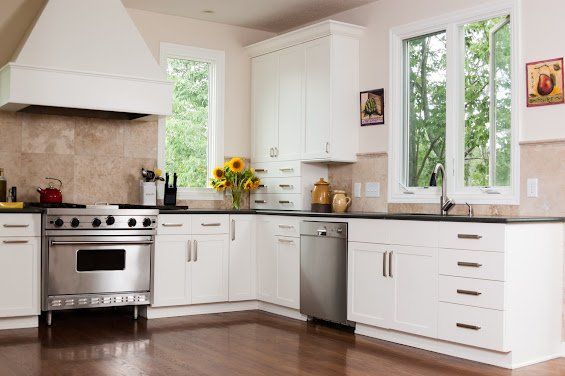Easy Steps to Becoming a DIY Expert
- By Boostability Team
- •
- 06 Jan, 2023
- •
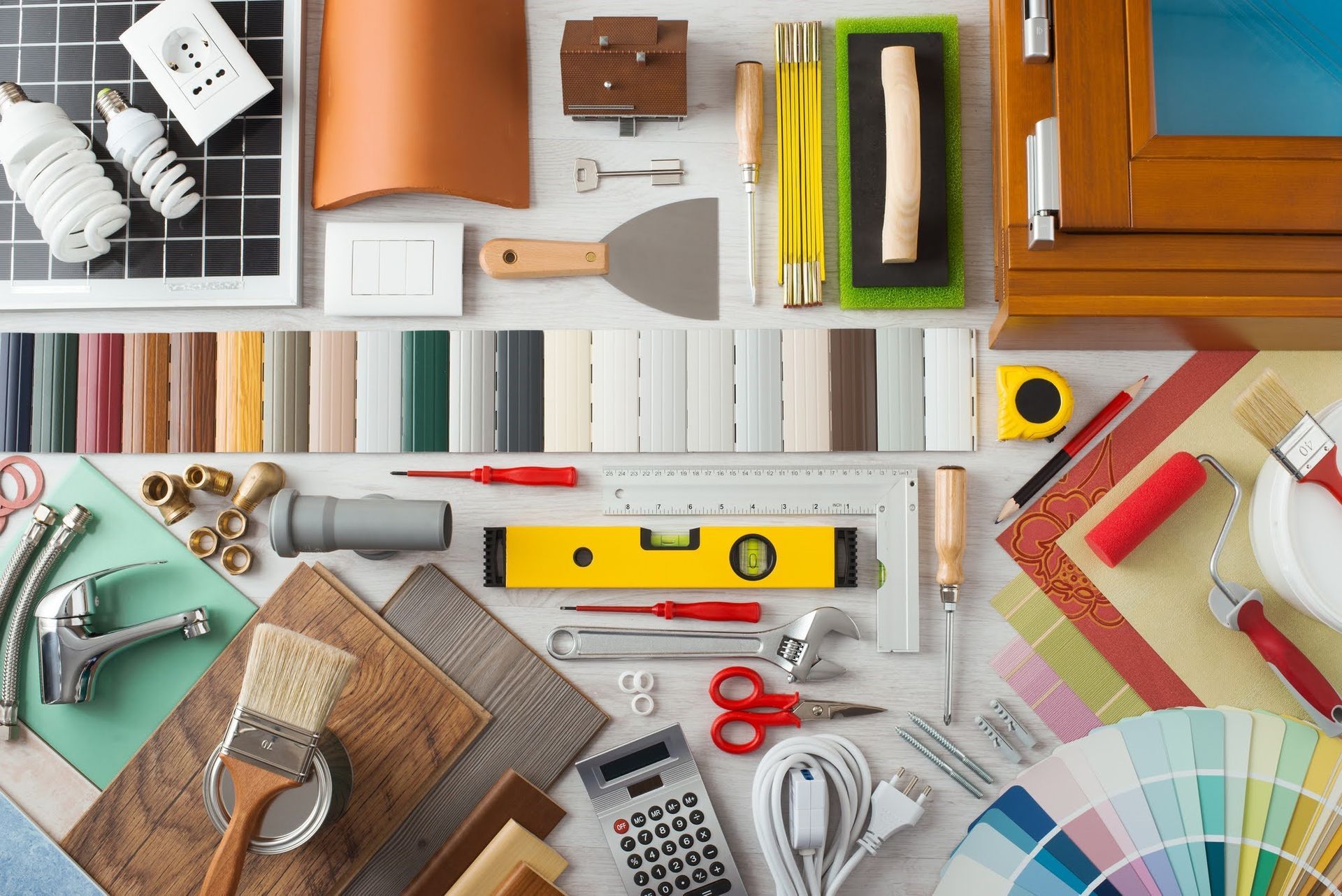
Whether to save money on home repairs or simply to be more self-sufficient, there are many reasons to become a DIY expert. Fortunately, acquiring the skills needed to tackle home improvement projects is not as difficult as it may seem. With patience and practice, anyone can learn to be a DIY expert. Here are tips that'll help you.
Start Small
The best way to start is by tackling small projects around your home that you feel comfortable with. For example, you might start by fixing a leaking faucet or painting a small room. As you become more confident in your abilities, you can gradually move on to larger projects.
Just remember to take your time and be patient. Along the way, educate yourself on the best practices for various DIY tasks. As you complete each project, you'll learn new skills that you can apply to larger projects down the road.
Conduct Thorough Research
Before attempting any sort of DIY project, do your research. Not every project is as simple as it seems, and some can even be dangerous if not done correctly. Once you've decided on a project, take the time to read up on it. Look for online tutorials, watch videos, and read any available instructions.
Consult with someone experienced in the area. Even if you don't have any friends or family who are experts, most hardware stores have staff members who would be happy to answer any questions. By educating yourself on the process, you can avoid making costly mistakes or putting yourself in danger.
Reinforce Safety
Reinforcing safety should be a priority for anyone attempting a DIY project. Be well-equipped with safety gear such as protective glasses, gloves, boots, masks, or respirators. In addition, make sure you are familiar with the risks involved in your project and take steps to minimize them.
For example, if you're working with power tools, follow the manufacturer's instructions carefully and unplug the tool when not in use. Taking these precautions can prevent accidents and ensure a successful DIY project.
Join DIY Communities
One of the best ways to become a DIY expert is to join one of the many online DIY communities. These communities are full of experienced DIYers eager to share their knowledge with others.
Another great way to become a DIY expert is to read blogs and watch videos from experienced DIYers. You'll learn new techniques and get ideas for projects.
Get the Right Tools
Not only will the right tools make the job easier, but they can also help to prevent damage to your home and possessions.
When it comes to essential DIY tools, every household should have a basic toolkit that includes a hammer, screwdrivers, a set of pliers, and a level. In addition, investing in some power tools — such as a drill or a circular saw — is a good idea. With the right tools at your disposal, you'll be well on your way to becoming a DIY expert.
Create a Detailed Plan for Each Project
Before you start any project, sit down and create a detailed plan to determine the scope of the project, and how much time and money you'll need to invest.
Most importantly, make sure you have a clear vision for the final product. What do you want it to look like? Creating a Pinterest board can help you get a good idea of the overall aesthetic you're going for.
An essential part of creating your plan learning to manage your time. Knowing when to take breaks and when to push through will be the difference between completing a project on schedule and falling behind.
You are now on your way to becoming a DIY expert. For all your DIY supplies and tools, be sure to contact us. We would be more than happy to help you with all your projects, big and small.

